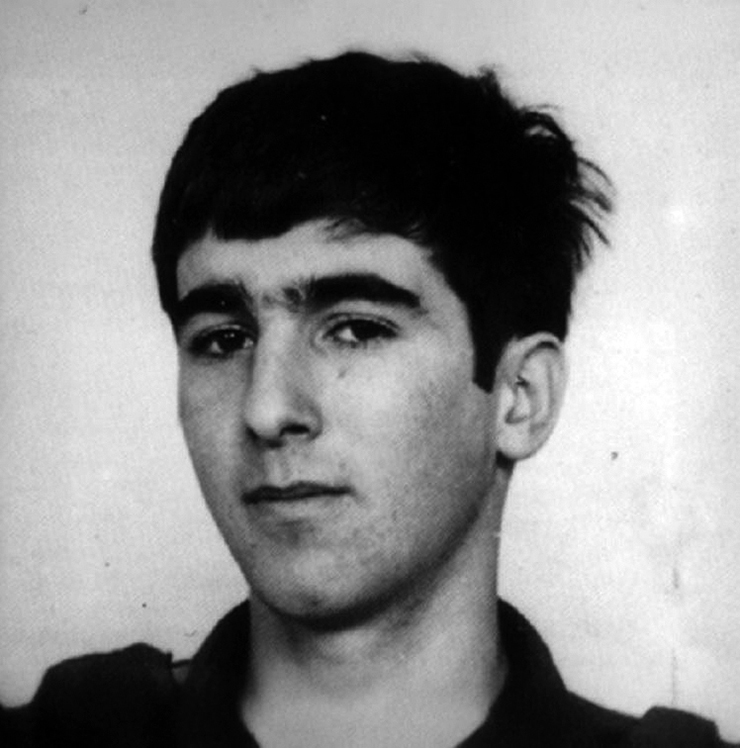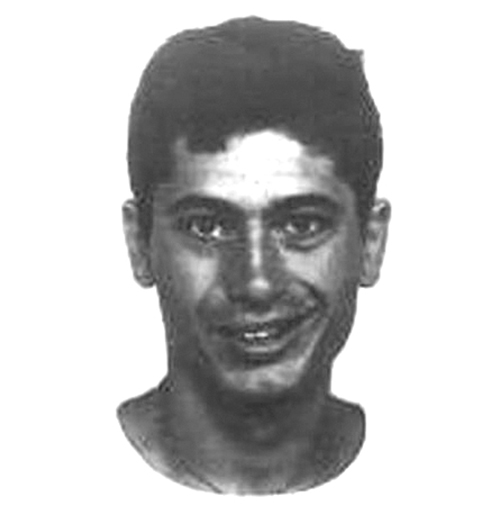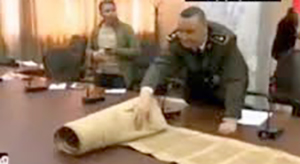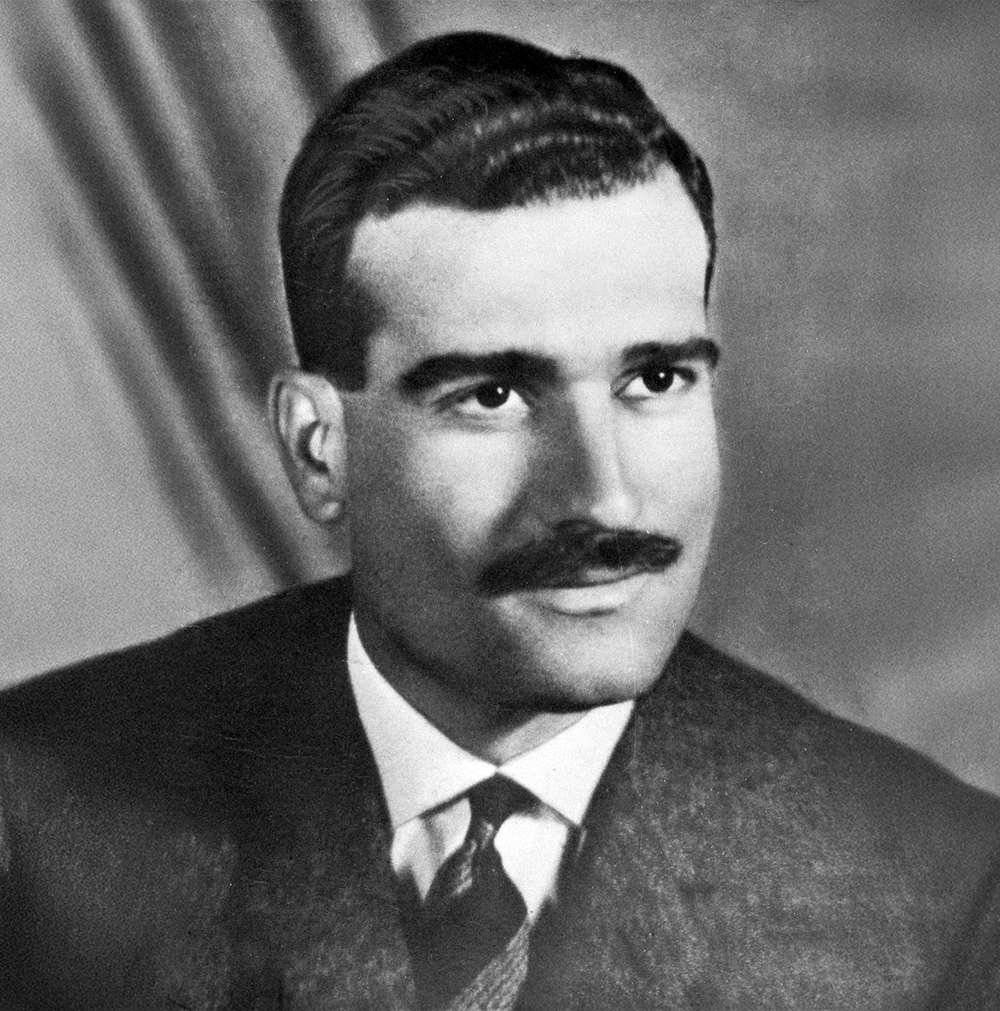|
Getting your Trinity Audio player ready...
|
By: Fern Sidman
The unearthing of a 500-year-old Torah scroll in the remnants of Syrian President Bashar al-Assad’s palace has captured international attention, shedding light on the nation’s once-flourishing Jewish community. Syrian media unveiled the artifact, found amidst the political upheaval following the fall of the Assad regime. The discovery has not only stirred historical and cultural interest but has also reignited calls for Syria to return the scroll to Israel, along with the remains of famed Israeli spy Eli Cohen and other missing Israelis.
The Torah scroll is seen as a relic of the vibrant Jewish community that once thrived in Syria. For centuries, Damascus and Aleppo were hubs of Jewish life, home to synagogues, yeshivas, and a rich cultural heritage. The scroll’s survival through centuries of political turbulence and its eventual rediscovery in the heart of the former regime’s palace is a poignant reminder of Syria’s complex and multicultural history.
The Legacy of Eli Cohen
The Torah’s discovery coincides with renewed efforts to recover the remains of Eli Cohen, one of Israel’s most revered spies. Cohen’s legendary infiltration of Syrian leadership between 1961 and 1965 allowed him to gather invaluable intelligence that significantly shaped Israeli defense strategies. Operating under the alias Kamal Amin Thaabet, Cohen gained access to the highest echelons of Syrian politics, even influencing military decisions and infrastructure development.
Cohen’s espionage was eventually uncovered, leading to his capture, trial, and execution in 1965. His remains have been held in Syria for nearly six decades, despite repeated Israeli appeals for their return. Cohen’s story is immortalized in Israeli culture, with streets, schools, and landmarks named in his honor. The discovery of the Torah scroll has reignited calls for Syria to honor these requests as a gesture of goodwill and reconciliation.

A Broader Context of Missing Israelis
The discovery has also brought attention to other Israelis missing in Syria, including Zvi Feldman, Yehuda Katz, and Ron Arad. Each case represents a chapter in the fraught and often tragic history between the two nations. The ongoing uncertainty surrounding these individuals’ fates has been a point of tension, with their families and the Israeli government continuing to seek closure.
Ron Arad, a navigator in the Israeli Air Force, was captured in Lebanon in 1986 after ejecting from his aircraft during a mission. Despite numerous efforts to locate him, his fate remains unknown. Similarly, Zvi Feldman and Yehuda Katz were soldiers who went missing during the 1982 Lebanon War. Their disappearance, along with Cohen’s case, calls attention to the enduring complexities of the Israeli-Syrian conflict.
Cultural and Political Implications
The Torah scroll’s rediscovery serves as a tangible link to Syria’s Jewish heritage, a legacy that has largely faded following decades of emigration and persecution. By the mid-20th century, most of Syria’s Jewish population had relocated to Israel and other countries, driven by growing anti-Semitism and political instability. The scroll’s presence in Assad’s palace, likely seized or preserved during this period of upheaval, highlights the cultural treasures often caught in the crossfire of political regimes.
Calls for the return of the Torah scroll to Israel are steeped in both historical preservation and national pride. Israel has long prioritized the protection and repatriation of Jewish artifacts as part of its commitment to safeguarding Jewish heritage. Advocates argue that returning the scroll would not only honor the shared history of the Jewish people but also serve as a symbolic step toward reconciliation between the two nations.

The Road Ahead
The fate of the Torah scroll and Eli Cohen’s remains now rests on the ability of international diplomacy to navigate the fraught relationship between Syria and Israel. The scroll’s discovery has the potential to foster a moment of cultural reflection and dialogue, even amidst ongoing geopolitical tensions.
For many, the scroll represents more than an ancient artifact—it is a symbol of survival, resilience, and the enduring connection of the Jewish diaspora to its roots. Whether Syria chooses to repatriate the scroll to Israel, alongside addressing long-standing humanitarian requests, remains to be seen. However, the artifact’s unearthing has already brought new urgency to conversations about historical justice and the need for healing in a region scarred by decades of conflict.





